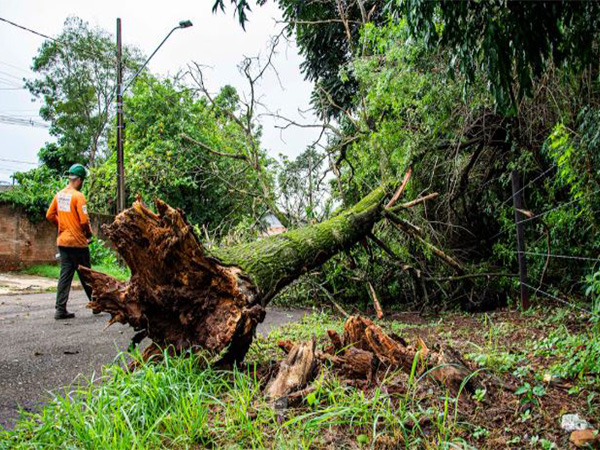Cyclones and Fiscal Strain: Navigating India's Budgetary Storm
A recent IIT Bombay study highlights the financial strain tropical cyclones impose on Indian states. The report emphasizes the significant budget deficits caused by increased spending and reduced revenues post-disaster. It advocates for public-private partnerships, disaster insurance, and proactive disaster risk financing to build a climate-resilient economy.

- Country:
- India
India faces an annual ordeal with five to six tropical cyclones, two or three often escalating to severe levels. According to a study conducted by the Indian Institute of Technology Bombay (IIT-B), these natural disasters inflict immediate casualties and property damage, further pressuring state governments to shoulder tremendous financial burdens for disaster response.
The study, published in the International Journal of Disaster Risk Reduction, reveals that such events not only escalate state expenditures on rebuilding vital infrastructure but also diminish government revenues. Disruptions in agriculture, trade, and business operations lead to lower tax collections, thereby deepening the fiscal deficits already enlarged by disaster-related expenses.
To mitigate these perpetual financial challenges, the study recommends the adoption of public-private partnerships and the introduction of tax incentives for businesses investing in climate resilience infrastructure. It stresses the need for stakeholders to grasp the benefits of disaster risk financing mechanisms, like resilience bonds and catastrophe bonds, which could stabilize the economic impact of disasters and promote preemptive investments.
(With inputs from agencies.)
ALSO READ
Empowering Youth Through Public-Private Partnerships in Jammu & Kashmir
Debt Dilemma: Telangana's Financial Strain under Scrutiny
Revolutionizing India's Livestock Sector: DAHD and WOAH Pioneer Public-Private Partnerships
Tragic Family Incident Linked to Financial Strain
EU-Funded WFP Drone Donation Boosts Zambia's Disaster Response Capabilities










